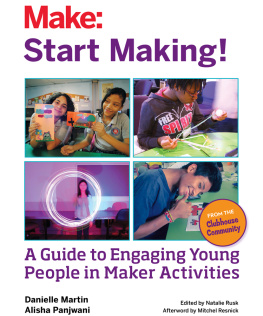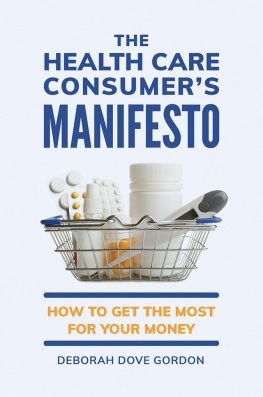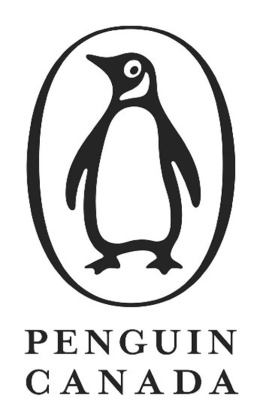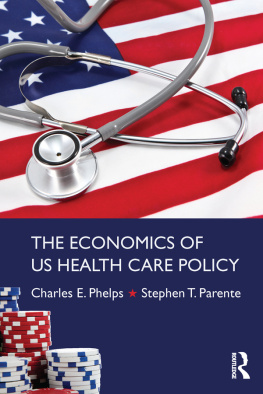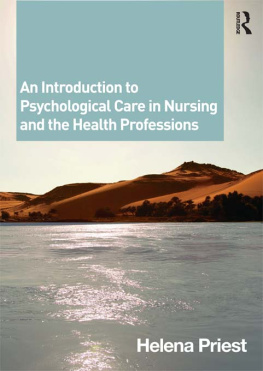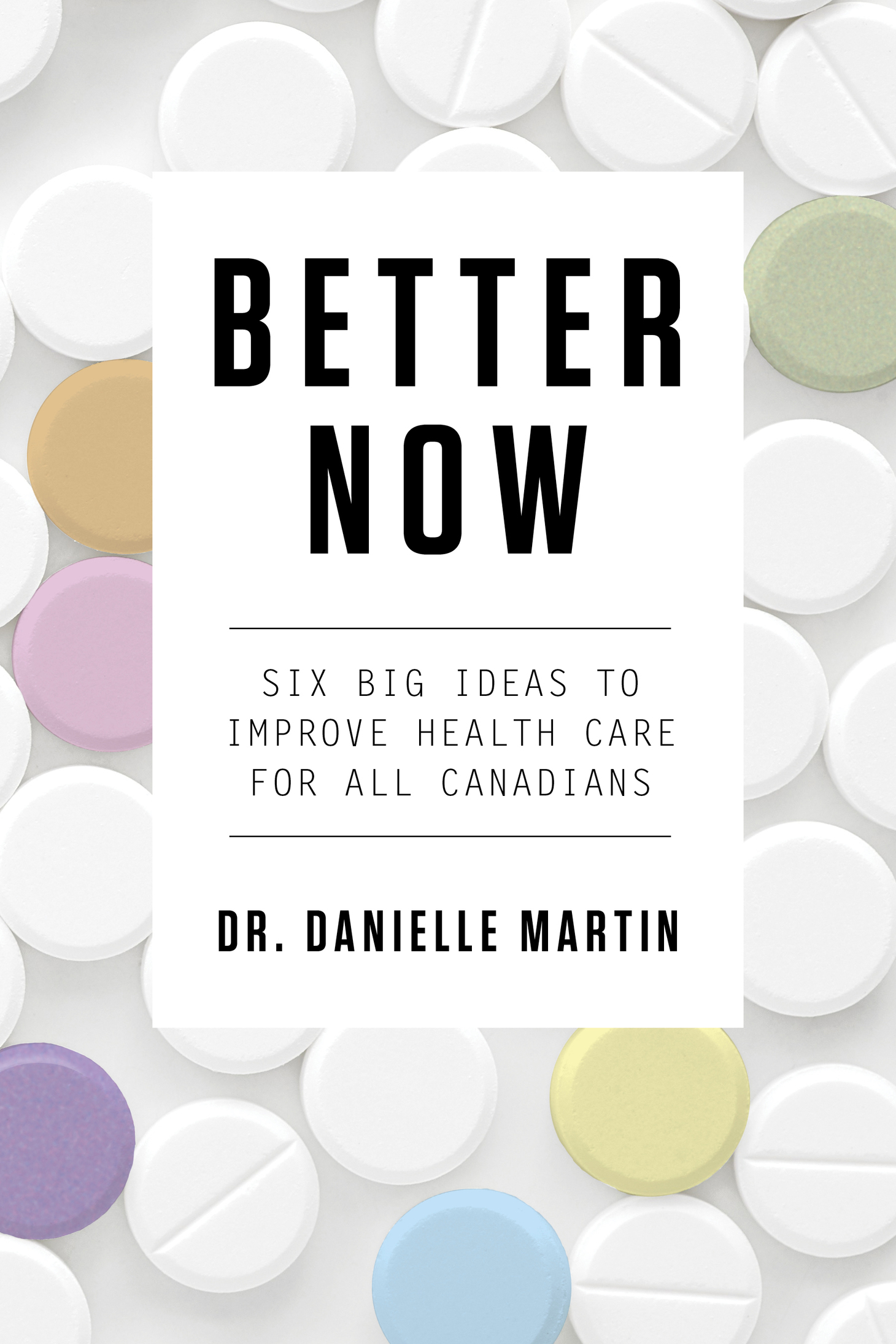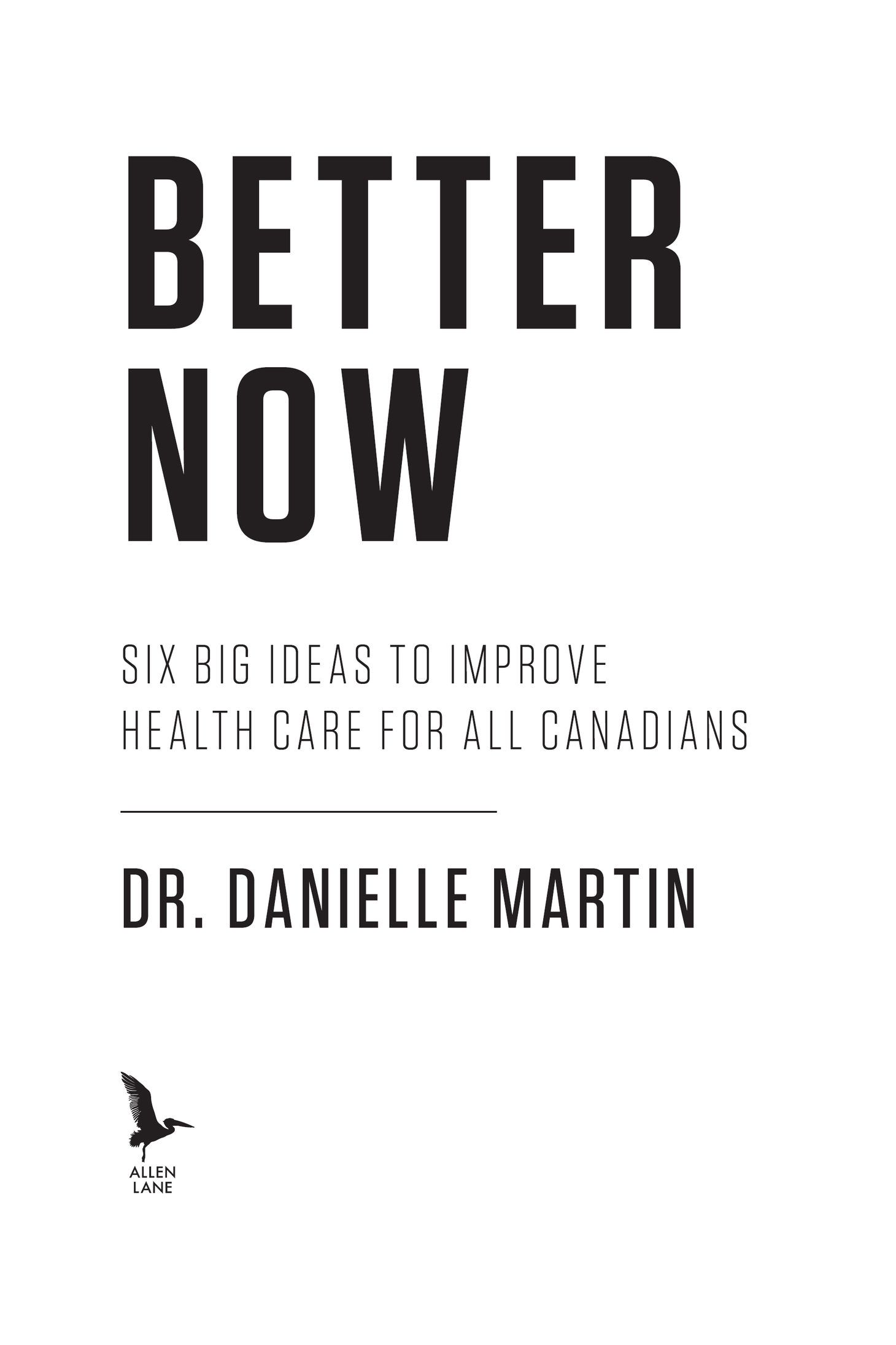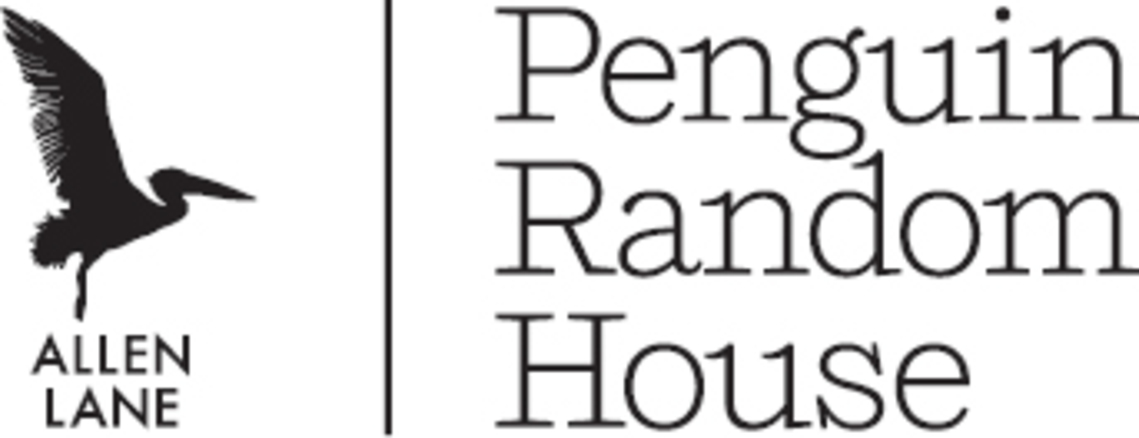All rights reserved. Without limiting the rights under copyright reserved above, no part of this publication may be reproduced, stored in or introduced into a retrieval system, or transmitted in any form or by any means (electronic, mechanical, photocopying, recording or otherwise), without the prior written permission of both the copyright owner and the above publisher of this book.
Better now : six big ideas to improve health care for all Canadians / Danielle Martin.
1. Medical careCanadaCase studies. 2. PatientsCanadaCase studies. 3. Health care reformCanada. I. Title.
RA 395. C 3 M 3735 2017 362.10971 C 2016-902537-3
Cover image: Science Photo Library/Getty Images.
PROLOGUE
In December 1951, after a three-week voyage crossing the Atlantic, my grandfather, Jacques Elie Shilton, reached Pier 21 in Halifax. He was forty-two at the time, and had shepherded ten family membersthree generationsthrough the rigorous and at times perilous process of leaving Egypt for a better life. My mother, who was three, spent the voyage playing with a doll she still remembers.
Gaping at the five-foot-high snowbanks, they boarded the night train for the forty-eight-hour trip to Montreal. My grandparents had left everything behindtheir jobs, their savings, their home. They brought several trunks of inappropriate clothing and the few hundred dollars they were allowed to take out of the country. A local immigrant-support organization helped them find an apartment at the outer edge of the city. At least they spoke the language, but the French of North African Jews stuck out as different, just as they did.
My grandfather measured six foot two. He was handsome, with a strong, calm presence and a baritone voice. He spoke seven languages. In Cairo he had worked for a French newspaper, and later for 20th Century Fox. He loved music and he was a talented musician. In the evenings, he played in a dance band to supplement the family income. His two young daughters had no sense of the weight he carried on his shoulders. It seemed to them that he had the strength of ten men.
In the spring of 1953, he went to visit a friend who was being cared for at the Jewish General Hospital in Montreal. But the steep hill on Cte-des-Neiges Road proved too much for him, and as he sat in the waiting room, he suffered a major heart attack. He spent nine weeks in hospital. So began my familys experience of Canadian health care in the pre-medicare days.
After the heart attack, Jacques began having trouble with his breathing. Coughing fits and respiratory distress required frequent visits to the doctor, who had to be paid in cash. Medications were expensive. Sometimes he bought them; at other times, he preferred to save the money. He started having terrible pains in his legs. He experienced increasing difficulty walking, but since every visit to the doctor was expensive, he pushed on.
Time passed, and the pain became unbearable. The blood circulation to his legs was so restricted that his doctor told him his life was on the line. There was no effective treatment for such extensive arterial disease in those days. But then they read about Dr. Michael DeBakey, an international innovator in the emerging field of vascular surgery. DeBakey had pioneered an experimental procedure to open up blood supply in blocked arteries, a technique he hoped could help people with Jacquess problem. He had begun performing it in Houston, Texas. It was worth a shot.
Already crippled by medical debt and his inability to earn a good living, Jacques and my grandmother, Sarah, borrowed money from family members to finance his care, a decision that would taint family relationships for generations. They went to Houston. At my grandfathers request, and in order to save money, the nine-hour surgery was done on both legs at once. During that entire time my grandmother stayed planted on a chair in the waiting room without anyone coming to tell her whether her husband was dead or alive.
Despite the fact that Dr. DeBakey had decided to forgo his fees, Jacques and Sarah couldnt afford to stay in Houston for the recommended six months of convalescence. They returned home nearly immediately.
But the experimental surgery wasnt very successful. The arteries that had been inserted served as a pipeline for clots. Jacques was bedridden, and he suffered multiple small heart attacks. He lost fifty pounds and looked like a shadow of the man he had been.
Over the years, the impact on my grandmother was profound. She ate poorly; she had trouble sleeping. The medical bills and the strain of family relationshipsruined now by the borrowed money they couldnt pay backpreyed on her mind. Jacquess efforts to work from his bed, the daily injections of diuretics, the pills, and the constant visits to the doctor wore away at her and her two daughters. Eventually, Sarahs mental health succumbed and she spent six weeks in hospital.
Sarah and Jacques then separated for a time so that they could each try to recover. My mother, who was now in her teens, stayed with Jacques, and her sister went to live with Sarah. The two girls did the best they could to work and contribute to the family income while they embarked on their university studies. And after their mother recovered and was feeling emotionally stronger, Jacques began to court her again. He would bring groceries to her apartment and they would talk about where they might move together in the spring.
But that didnt happen. My mother found him dead at four oclock in the morning on March 9, 1966, six days after her eighteenth birthday. He was fifty-four years old. He had stayed up more than half the night working on a French-to-English translation to earn a little cash. Sarah, whod worked from the time they arrived in Canada as an assistant in a fancy Montreal ladies dress shop, was widowed at age forty-one with a pile of unpaid medical bills on the kitchen table.
My mothers view is that the struggle to deal with financial hardshipalong with health problemsdestroyed her family. She was studying at McGill at the time, the same university I would attend decades later coming from all the luck and privilege anyone could ask for. She hadnt yet earned her masters degree or launched a successful career. She hadnt yet met my father, a nice boy from a Fine Old Ontario Family who wanted to make the world a better place. She hadnt yet raised a daughter who would make improving health care in Canada her lifes passion.


